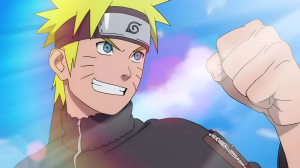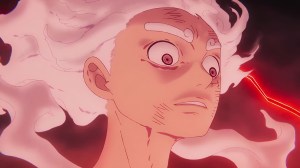“It’s just like Budapest, all over again,” Natasha Romanoff said to Clint Barton in 2012’s The Avengers. It was a simple line of dialogue which stuck with fans in the biggest Marvel movie, at the time. Nine years later, the answers arrive in 2021’s Black Widow. Fans have longed for answers about Natasha’s past, getting merely glimpses into her history as supporting roles in the Marvel world kept coming for Scarlett Johansson. With Johansson and her Natasha character finally get their own (already massively successful) film, writer Eric Pearson was tasked with telling the super spy’s story while simultaneously catapulting new characters into the future of the MCU.
Videos by ComicBook.com
“We knew right from the beginning we are going to shoot present day stuff in Budapest for this film, and we’re going to not show exactly what happened in the past in Budapest,” Pearson told ComicBook.com in an exclusive interview. “For me, it was really important because this also became the moment for her Dreykov’s daugher, as well, which was another callback that we wanted to explain.”
As it turns out, The Avengers sewed the seeds for this Black Widow movie in more ways than one. Not only would the conversation with Hawkeye during the Battle of New York finally be explained in showing where Clint and Natasha hid out in Budapest after she tried to kill Dreykov but her interrogation with Loki came into play. Loki first told the audience that Natasha carried guilt of Dreykov’s daughter before she used an emotional front as an interrogation tactic to see his true plan. Before Black Widow came to a close, she used that same trick on Dreykov to learn the truth about how the Red Room works.
“We discussed this movie had to be many different things and one of them was an appropriate farewell to the Natasha Romanoff who made the ultimate sacrifice in Avengers: Endgame, gave her life for half the universe,” Pearson explained. “We didn’t want it to only be a kind of further exploration of her personality and character, but we also wanted like, ‘Let’s get some of the greatest hits in there.’”
This Wednesday, Pearson take a 30-minute deep dive into the Black Widow movie on ComicBook.com’s MCU podcast Phase Zero, sharing details about the Tony Stark appearance rumors, his work running through Thor: Ragnarok, Avengers: Infinity War and Endgame, and Black Widow, and bringing the Winter Guard to the MCU. Right now, a preview of what that interview may entail can be seen in the spoiler-filled interview below!
The Backstory

ComicBook.com: We get the Budapest answers about Natasha’s past which fans have wanted for a decade now. When did you guys crack that story and decide to show it in Black Widow?
Eric Pearson: I couldn’t tell you exactly when we cracked it. I think that we probably like 85% cracked it right up until we shot it. And then 15% cracked it in additional and editing. But I mean, the idea… we knew right from the beginning we are going to shoot present day stuff in Budapest for this film, and we’re going to not show exactly what happened in the past in Budapest, but have fun with the arrows in the tic tac toe. And we’re going to explain to the audience as part of this story, we’re going to need to know what happened in Budapest. And for me, it was really important because this also became the moment for her Dreykov’s daugher, as well, which was another callback that we wanted to explain.
I knew it needed to be something pretty bad. Natasha is ashamed of it. We’ve been doing allusions to her having a dark past. It was very important for me that this assassin-spy character out from Marvel, isn’t just feeling guilty about a rough patch. It had to be something actively tough that she did that haunts her dreams. So, once I decided that she knowingly did that, that she blew up a building and used a little girl as bait. Then it was just… That was an argument that we had to have an argument about, like how, how dark we could really make her. For me personally, I felt the darker the better, because I feel like it gives her father to go the other way and gave her a greater depth of guilt to forgive herself.
How Far Can You Go?
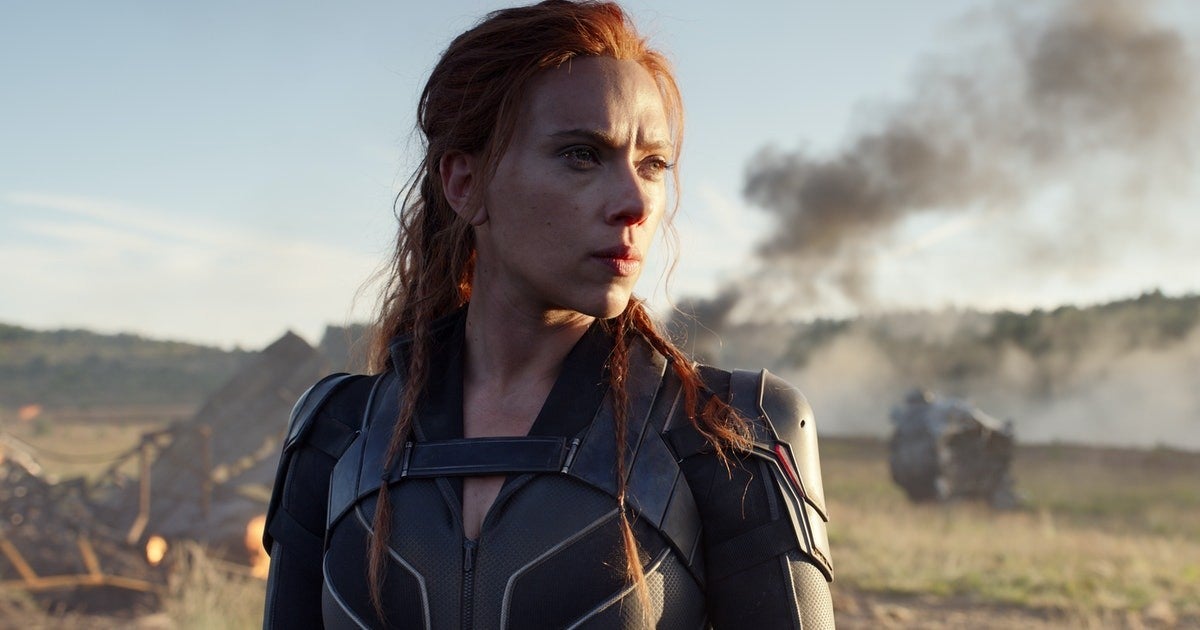
CB: I remember like on Falcon and the Winter Soldier, Malcolm Spellman said that the one thing that Marvel kind of had the biggest strong reaction to that he didn’t expect was the bit where Avengers don’t get paid. So, I’m curious, was there anything like that? Was there any kind of pushback on taking it too dark or including things that were a little too far, on Black Widow or Thor: Ragnarok?
EP: There’s a pushback is one way to see it, but I feel like there’s a constant push and pull with Marvel because these things are.. I won’t say over discussed, but they’re discussed within an inch of their life. That’s the thing about working with Marvel, and it’s kind of who I’ve worked with the most and I really, really love the way they do it is they care. They really care and want to spend the time to really think about everything. So yeah, there was a heated conversation about how far we’re going to take Natasha’s dark past. I felt one way, some people felt the other way. We kind of met towards the middle.
To my satisfaction, I felt like I argued my point very well that Natasha is the one who makes allusions to her dark and haunted past. It’s important that we pay that off and not cheat the audiences there.
As far as Ragnarok, I’m trying to remember if… Ragnarok is a lot lighter than this movie is. Ragnarok there was the bigger push and pull was when we revealed Hela’s lineage. Initially it was farther back in the film and then we moved it up and that was… But again, discussed heavily.
Changing Taskmaster

CB: Taskmaster in comics is Tony Masters. Now we learn Taskmaster is Dreykov’s daughter. Talk to me about making the decision to make that change?
EP: Well, there was a previous draft where it was a Tony Masters character, but it did… It was hard because we had certain things that we knew certain constants. One of the constants was we were right after Captain America: Civil War and before Avengers: Infinity War which meant our great threat, the Red Room… One of the bigger kind of complications was figuring out a villain plot that could succeed and go unnoticed, which ultimately, I think kind of works out for a spy thriller film and also for Dreykov as an ultimate villain because he is a bit of a cowardly man who wields power from the shadows, but spends most of his time isolated, like a weird Howard Hughes, just talking about how big he is to himself because he’s too scared to actually kind of like get out there in the world.
Tony Masters didn’t seem to really fit into that. And meanwhile, we had this mystery of “What happened to Dreykov’s daughter?” And I don’t know it seemed like because Natasha Romanoff’s story is always going to be more grounded, but you still want some Marvel fun, fantastic in it. The idea of an accident going wrong and we’ve already got this facility now in the Red Room that is constantly with working on and the idea of mind control and rebuilding and controlling the human brain, the idea of an accident going wrong with a loved one and using the technology to reconstruct that person’s mind finding something new, finding the photographic reflexes in rebuilding that mind that felt like a good Marvel comic book addition to an otherwise more grounded spy thriller thing.
So I don’t know, I tried it out and people liked it. I don’t know, it worked for our story. And so we just went with it. They’re taking elements that they were like, “Oh, okay, well we did it this way, this works because we’re already dealing with rebuilding the human mind,” and, “Okay. This works and this works. So yeah, let’s do it that way.”
Thank You For Your Cooperation
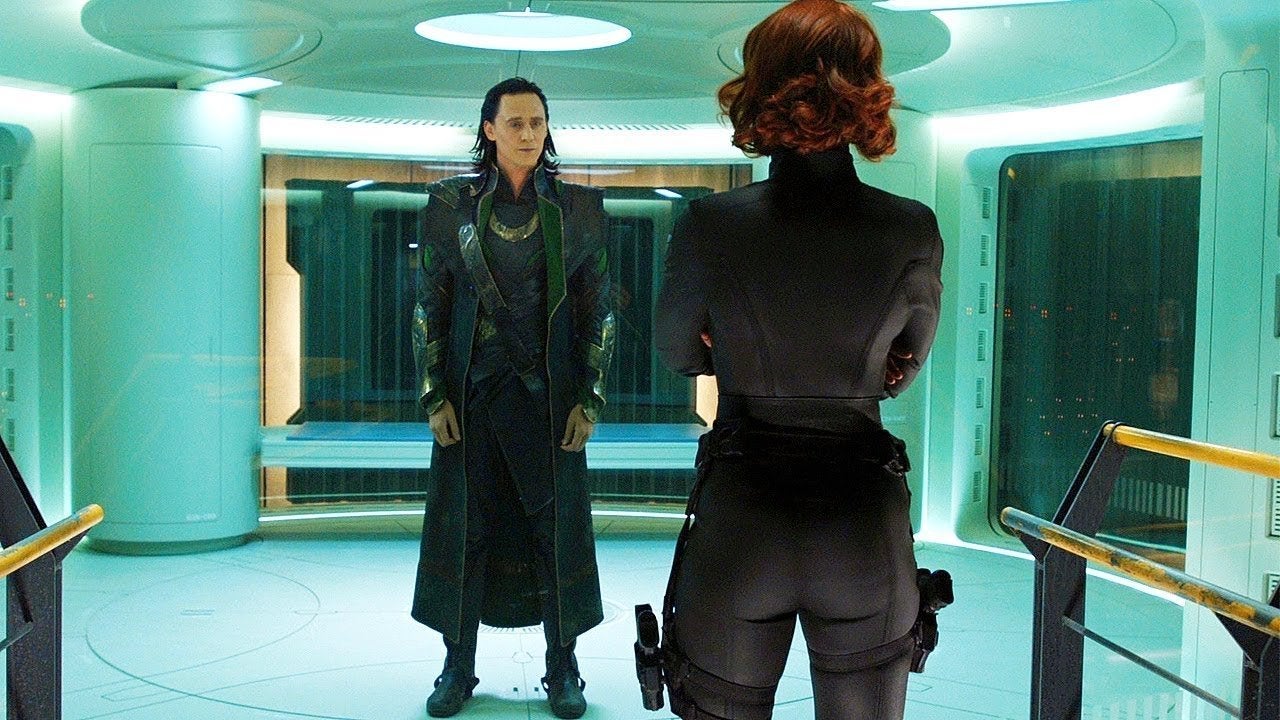
CB: Did you guys ever consider having like any other Avengers heroes in here that were a part of like scripts or early drafts or anything that just got left on the cutting room floor?
EP: Was there anybody? Not that I can remember, no.
CB: When Natasha gets Dreykov to crack, that reminded me of when she got Loki to crack and reveal his plan in The Avengers, through to the line of, “Thank you for your cooperation.” Was that an intentional mirror of her using that skill of an emotional front to get the person she’s interrogating to say too much?
EP: Yes, yes it was. Cool. We discussed this movie had to be many different things and one of them was an appropriate farewell to the Natasha Romanoff who made the ultimate sacrifice in Avengers: Endgame, gave her life for half the universe. So as part of that, we didn’t want to just give, not just- but we didn’t want it to only be a kind of further exploration of her personality and character, but we also wanted like, “Let’s get some of the greatest hits in there.”
We’ve got obviously tons of great fight scenes of her doing some of her best moves and also a deconstruction of some of her best moves, but also her dry humor. Then, we were talking we want some reverse interrogation some next level, four-dimensional chess interrogation in there. When we got there, it was tough for that because it had to do a lot of restraint. She takes a lot of punishment to get those answers, which is hard to watch. It’s hard to watch as a film. It’s hard to watch when you’re filming it, too. And we had to keep reminding ourselves like, no, she’s in charge, she knows what she’s doing. It’s not just menacing Ray Winstone beating the hell out of her. She knows what she’s doing. So that was intentional and it was part of our ode to Natasha Romanoff as a whole person, a whole hero.
Closure With a Side of The Future
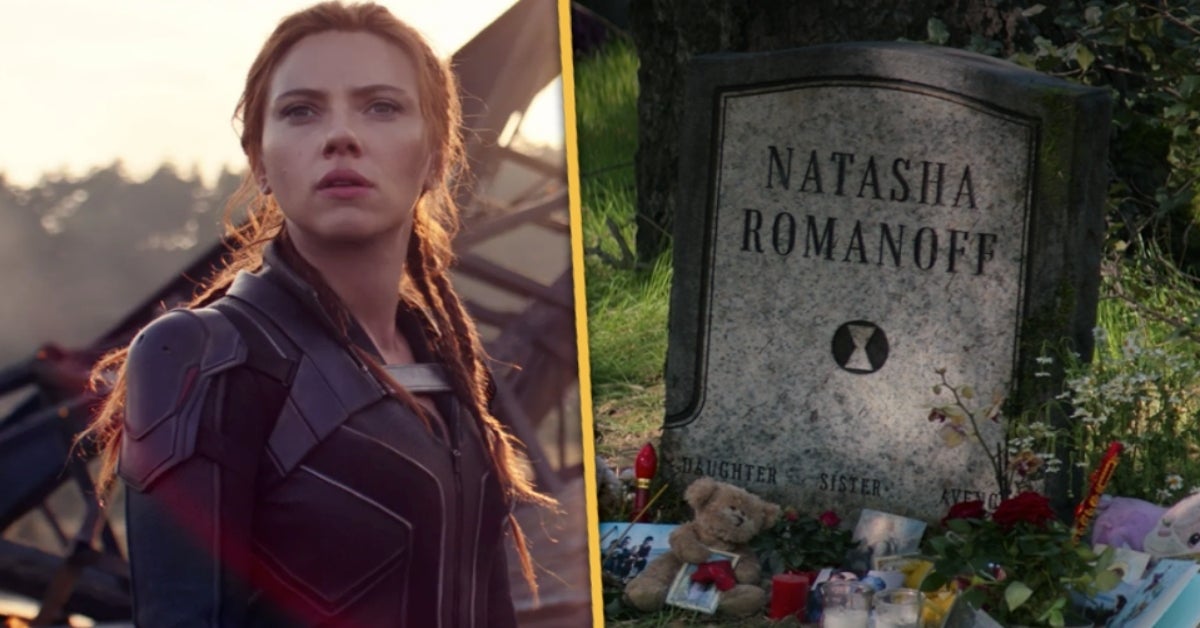
CB: This is my last thing for you until Wednesday’s Phase Zero podcast allows us to dive in further. I’d love to hear about writing the post-credits scene and bringing in Julia Louis Dreyfus as Val. Can you talk about bringing Natasha’s fans closure with that scene while also setting Yelena up for her next MCU appearance?
EP: I loved the idea right from the beginning that we opened the movie with Ohio and this kind moment at peace where Natasha’s a kid, and she’s forgotten…she’s basically living as a kid, forgotten her whole mission as a secret, Russian spy. And then we end the movie with the fireflies again and she’s gone through this, she’s reconciled with her past she’s at peace again, ready to go on and make that ultimate sacrifice. So, the idea that this family, whether it’s Yelena or the family, erected a tombstone for her in Ohio, I felt was very touching, and I loved that.
And then as soon as they told me that it was going to be… that there’s this character in Valentina Allegra de Fontaine, and it was going to be Julia Louis-Dreyfus, I couldn’t have gotten to the computer fast enough. I was like, “Yes! Let me at it.” That’s me. I want to take a serious moment and then flush it down the toilet. Like, I want to take that great moment where Yelena is truly having a moment of quiet reflection with her lost sister and then have Julia Louis-Dreyfus blow her nose and just be so ruthlessly pragmatic about everything.
As far as where Yelena is off to, I can’t speak to that. I hope it’s everywhere. I really just wanted… and also just the two of them together, honestly, that scene might’ve been five pages long because I couldn’t write enough of those twos dialogue. We ultimately went for a much shorter version of it, but seeing them together made me very, very happy. And I think they had great chemistry so I hope there’s so much more to come.




